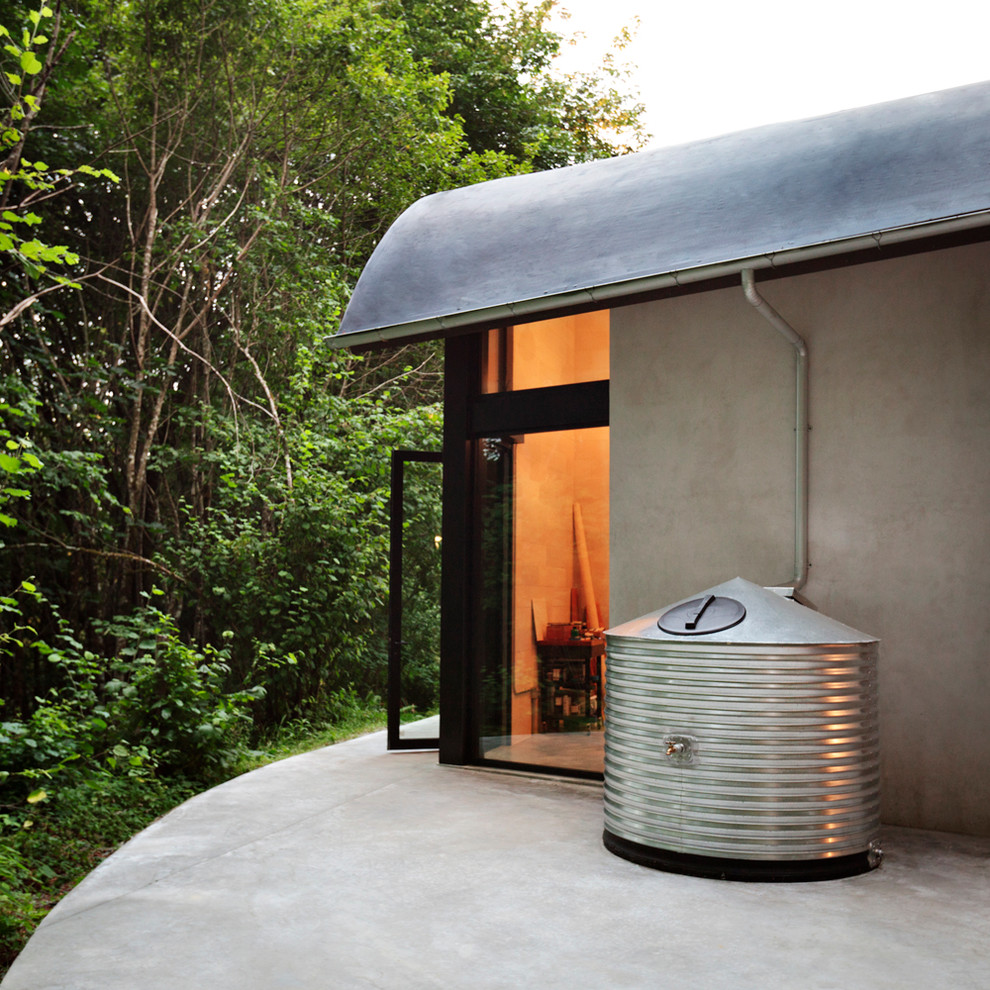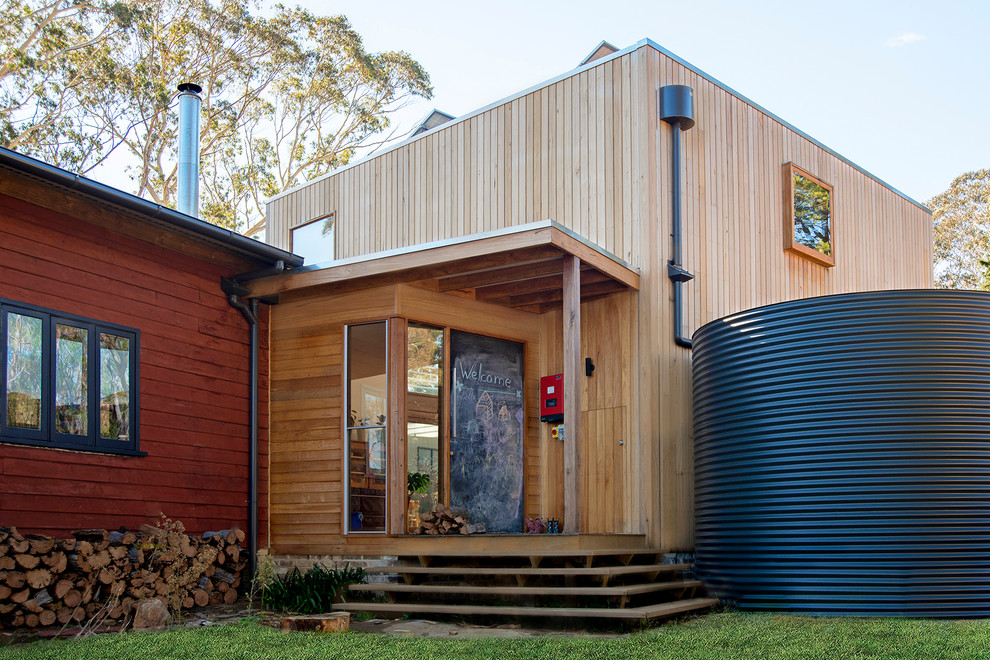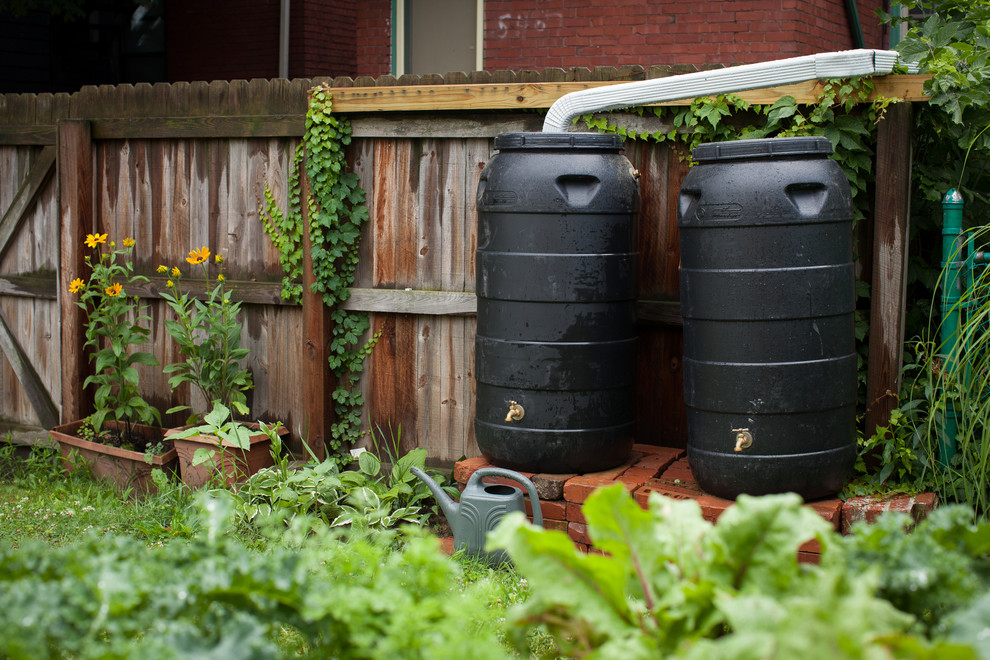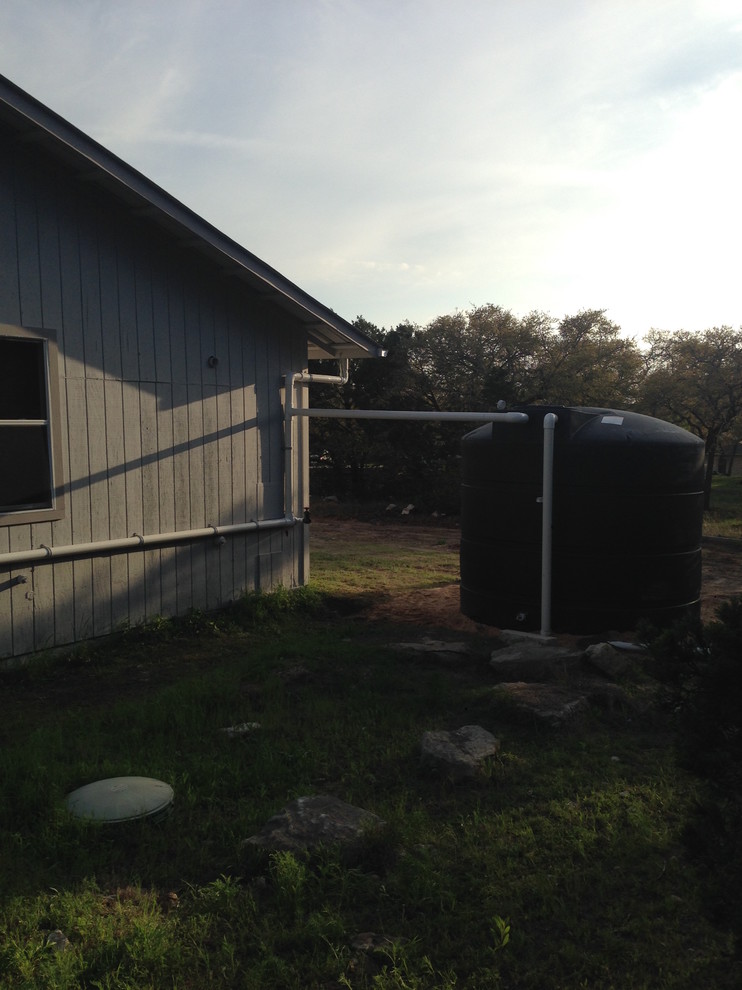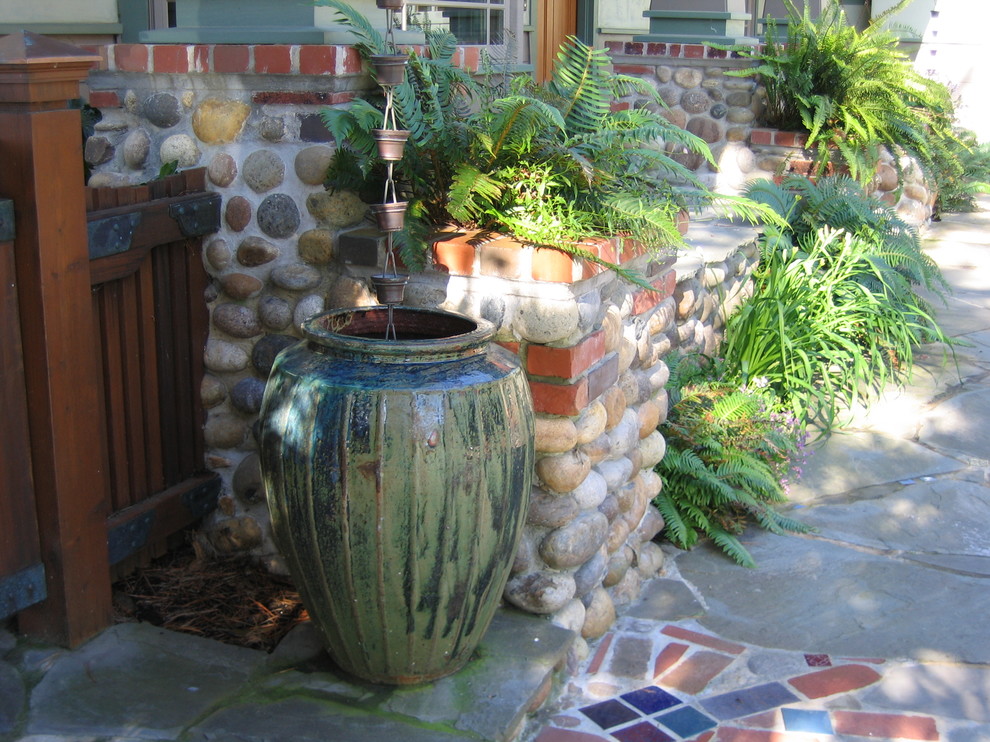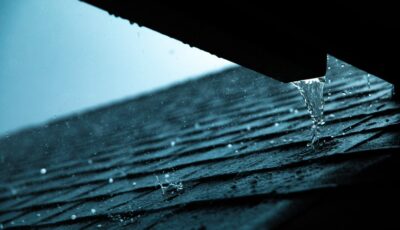Advantages of Collecting & Uses for Rainwater
People are looking left and right for new ways to live our lives without causing harm to the environment. Rainwater harvesting is a process of collecting rainwater, only to have it later used for gardening purposes, baths, or even as a backup water supply if things go awry. Some would argue that it’s too much work and that there are downsides, but experience proves otherwise. There are plenty of benefits to installing underground rainwater tanks, and they greatly outweigh the cons.
Easy to Install
First of all, we need to install a tank that will store the water, along with a system that will collect it. Luckily, every house and building has gutters, along with a couple of storm drains. Installing a rainwater collection system is as simple as directing the runoff to the storage tank.
Economic Use
Using collected rainwater instead of drinking water will reduce our overall water usage. The first example would be toilet flushing because it accounts for 35% of the average home’s water usage. Now imagine how much water a building or an entire district uses daily.
It’s often talked about how there’s not enough drinking water on the planet. If we were to look at the statistics and act accordingly, this would hardly be the case.
Influencing the Environment
If we were to use rainwater instead of groundwater for our toilet, that’s already a huge change. The benefit of environmental changes is that they beneficially impact each other. This means that a change for the better regarding water usage will have a positive effect on plants. Furthermore, the air will be cleaner and with enough time, even forests could make a comeback.
The threat we’re currently facing, as you likely know, is global warming. The main means of measuring our influence is through our carbon footprint. To put it simply, a carbon footprint is the measure of carbon dioxide we release into the atmosphere. The more plants we cultivate, the more carbon dioxide is converted into oxygen, hence preventing further damage to the ozone layer.
Reduced Water Bill
Using stormwater impacts the economy greatly. Wasting water is something most of us are guilty of, and it’s an issue that can easily be solved. You might have heard how a dripping sink needs to be repaired as soon as possible. Some think that a few drips here and there are fine, but the expenses stack up faster than you’d expect.
Photo by Rainbow Valley Design & Construction
While collecting rainwater is a blessing when it comes to your bills, you’ll sometimes need to hire professionals to clean the pipes. While a clogged drain is something you can solve yourself, stormwater drain cleaning is a bit more complex. When it comes to stormwater drains, some experts can do maintenance on your pipes with up to a 50-year guarantee. This will free you of worry and let you focus on other tasks without worrying about your collection system.
Plant Growth
Heightened plant growth is one of the more important benefits we get from using rainwater. As it’s unfiltered and free of any pollutants, it can easily wash away salt buildup from plants. While helpful for everyone’s garden, this is incredibly useful for people who spend a lot of time and money on their greenery. Buying premium fertilizer and gardening equipment could be a thing of the past, as your plants will thrive if you begin using stormwater. And lastly, the aforementioned reduction in soil erosion makes it great for irrigational purposes.
Non-Drinking Purposes
Rainwater is safe to drink, even more so than our local supplies. But when stored, it’s best used for gardens, baths, washing clothes, dishes, shaving, and so on. With the lack of chlorine in rainwater, your pipes and washing machine will suffer a lot less, as well.
Why isn’t stored rainwater safe to drink? Mostly because of the filth and bacteria it collects from roofs, pipes, or any other dirty surface. If you’re willing to throw in some extra cash to install a filtration system, though, you’ve got your hands on some free drinking water. You might want to test that water and make sure it’s ok. In some cases, boiling the water is enough to decontaminate it, and you can store it afterward.
Disadvantages
It wouldn’t be fair if we were to look at this unilaterally, so we’ll list out the cons as well. The main disadvantage of this system and the most obvious is that it depends on our surroundings. Secondly, this is an investment that doesn’t pay off immediately.
In rainy areas, for instance, this is a means to a potentially unlimited water supply. In not-so-rainy places, though, you might have trouble using this supply consistently. Because of this, you’ll need to install a system where the ground supply cuts in when the tank is empty.
Photo by Laura Livingston Landscapes
Many investors like to see results as soon as possible, yet this isn’t quite possible. Individuals can certainly make an impact on the environment, but results won’t happen instantly. With all of the trouble we’ve caused regarding nature, we’re lucky that we even have a chance to repair things.
Awareness is rising, and individuals are going out of their way to protect nature, or at least what’s left of it. Collecting rainwater is a smart move, as most of the water we use isn’t used for drinking purposes. In reality, most of the drinkable water goes directly into the drain when we wash clothes, our car, and so on. Underground tanks are easy to install and come with a guarantee of a few decades. This is a relatively small investment that can make a huge change, so be sure to consider it.

